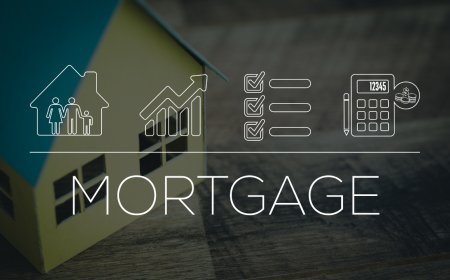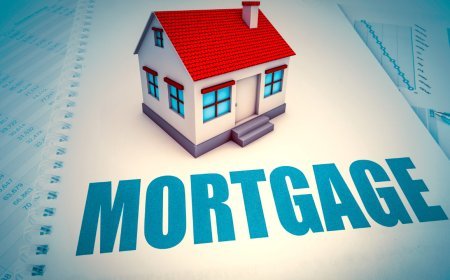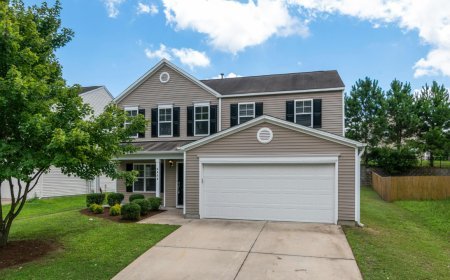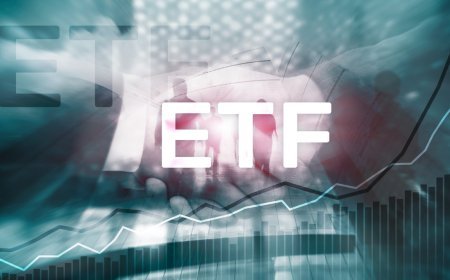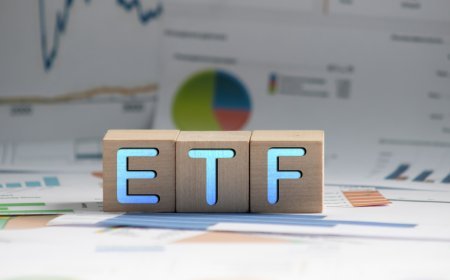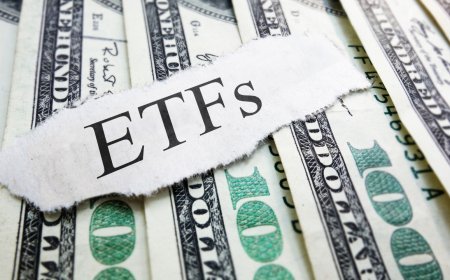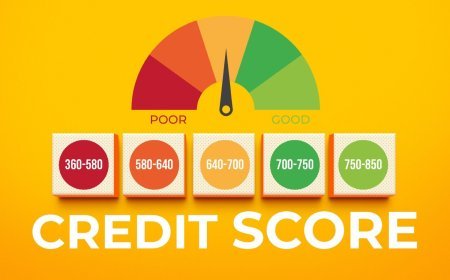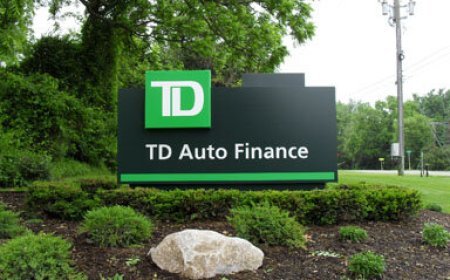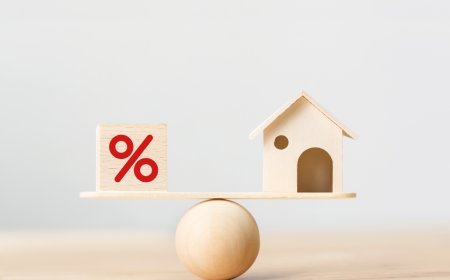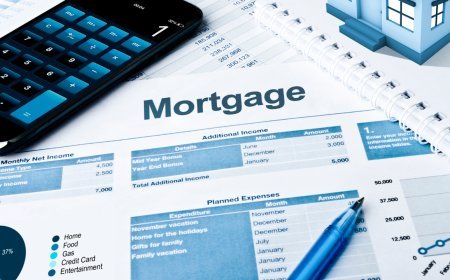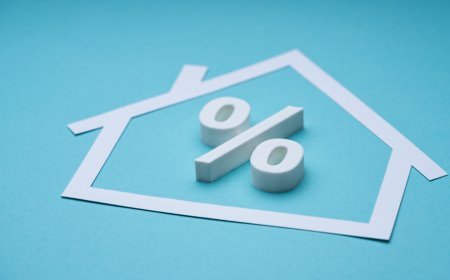The Pros and Cons of Refinancing Your Mortgage in 2025
Refinancing your mortgage in 2025 can be a powerful way to lower your interest rate, change your loan term, or access home equity. However, it’s a decision that requires careful consideration of the costs involved, like closing fees, and the potential risk of extending your loan period. This guide breaks down the key pros and cons to help you decide if refinancing is the right financial move for you.
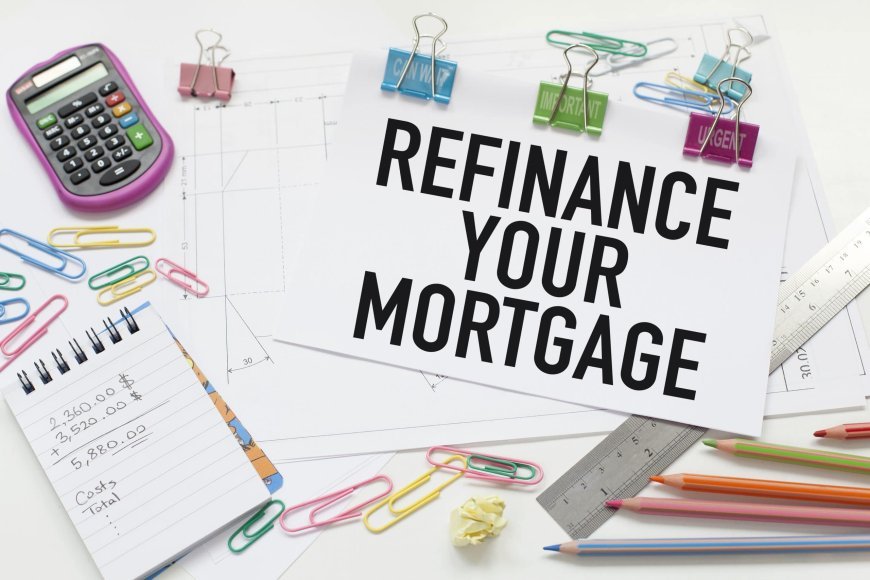
Refinancing your mortgage can be a powerful financial tool, but it's not the right move for everyone. The decision to refinance in 2025 depends on a variety of factors, including current interest rates, your personal financial situation, and your long-term goals. While there are potential benefits like lower monthly payments and reduced interest costs, there are also significant drawbacks to consider, such as closing costs and extending your loan term.
The Pros of Refinancing Your Mortgage
Lowering Your Interest Rate
One of the most compelling reasons to refinance is to secure a lower interest rate than your current one. In 2025, with mortgage rates showing signs of a subtle decline after recent highs, this could be a major benefit for homeowners who took out their original loans when rates were above 7%. Even a modest drop of 0.5% to 1% can lead to substantial savings over the life of the loan. A lower interest rate can also translate into a lower monthly payment, freeing up cash for other expenses or savings.
Changing Your Loan Term
Refinancing can give you the flexibility to change your loan term to better suit your financial goals. You might choose to shorten your loan term, for example, by refinancing a 30-year mortgage into a 15-year one. While this will likely increase your monthly payment, it allows you to pay off your home faster and save a significant amount on total interest paid. Conversely, you can extend your loan term to lower your monthly payments, which can be helpful for improving short-term cash flow, though it will mean paying more interest over time.
Converting Loan Types
If you currently have an adjustable-rate mortgage (ARM), refinancing into a fixed-rate mortgage can provide financial stability and peace of mind. An ARM's interest rate can fluctuate after an initial fixed period, potentially leading to unpredictable payments. By switching to a fixed-rate loan, you lock in a consistent interest rate for the entire life of the loan, protecting you from future rate hikes.
Accessing Home Equity
For homeowners who have built up a substantial amount of equity in their homes, a cash-out refinance is an option. This type of refinance allows you to borrow against your home's equity, providing you with a lump sum of cash. These funds can be used for major expenses like home renovations, debt consolidation, or college tuition, often at a lower interest rate than other borrowing options like personal loans or credit cards.
The Cons of Refinancing Your Mortgage
Closing Costs
Refinancing is not free. Just like your original mortgage, it comes with closing costs that can range from 2% to 5% of the new loan amount. These costs can include appraisal fees, title insurance, and other charges. It is crucial to calculate whether the long-term savings from a lower interest rate will be enough to outweigh these upfront costs. You must also consider the break-even point—the time it takes for your monthly savings to recoup the costs of refinancing. If you plan to sell your home before reaching this point, refinancing may not be a wise financial decision.
Resetting the Loan Clock
When you refinance, you are essentially taking out a new loan, which resets the loan term. If you've been paying on a 30-year mortgage for five years and then refinance to another 30-year mortgage, you're extending the time it will take to pay off your home by five years. While this might lead to a lower monthly payment, it also means you'll be paying interest for a longer period and could end up paying more in total interest over the life of the loan.
Risk with Cash-Out Refinancing
While a cash-out refinance provides access to funds, it also reduces your equity in the home. This can be risky if home values decline, or if you need to sell your home in the near future. It also increases your overall debt load, which could put you at a greater risk of foreclosure if you are unable to keep up with the new, potentially higher, monthly payments.
What's Your Reaction?
 Like
0
Like
0
 Dislike
0
Dislike
0
 Love
0
Love
0
 Funny
0
Funny
0
 Angry
0
Angry
0
 Sad
0
Sad
0
 Wow
0
Wow
0






